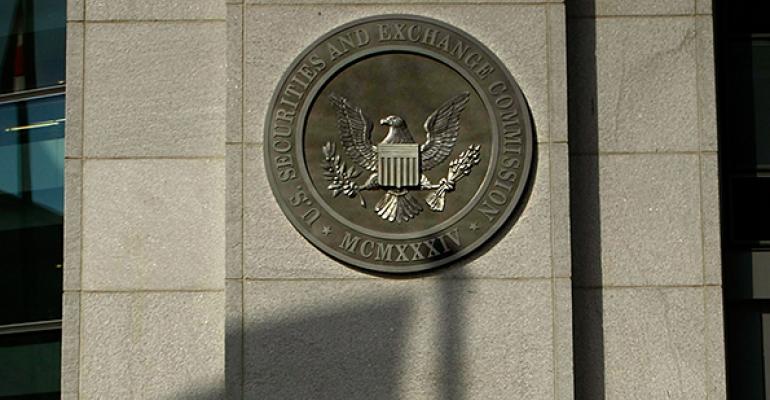The Securities and Exchange Commission obtained a temporary restraining order and asset freeze in court against a Minnesota couple, claiming the duo, purportedly trading foreign currencies, was actually running a Ponzi scheme for over a decade involving as many as 200 investors, raising about $17.6 million.
The commission filed the emergency action against Jason Dodd Bullard and Angela Romero-Bullard, as well as Bullard Enterprises, which they jointly control. The action also names a number of entities controlled by the couple that purportedly benefited from the scheme. The couple allegedly paid back investors using the capital raised from new ones, and used funds from a Paycheck Protection Program loan the couple received in the midst of the COVID-19 crisis last year.
According to Nekia Hackworth Jones, the director of the SEC’s Atlanta office, many of the investors were friends or family of the couple, who “trusted their promises” about the returns investors could expect.
“As alleged in the complaint, Bullard and Romero-Bullard breached that trust for years,” she said. “Instead of delivering on their promises, these individuals used false statements and fraudulent documents to convince investors to pour millions of dollars into bank accounts used almost exclusively for Ponzi-style payments and for their personal benefit.”
According to the complaint, Bullard and Romero-Bullard began soliciting investors in 2007, and established Bullard Enterprises the following year. They allegedly told investors client funds would be used to trade foreign currencies through their “Flagship” and “Platinum” funds. According to the SEC, while returns were not formally guaranteed, Bullard told investors they could rely on a 10% to 12% annual return.
While Bullard Enterprises had brokerage accounts via TD Ameritrade, the business frequently did not transfer clients’ funds into it for investment purposes. Between January 2019 and the end of April 2021, the couple received more than $2.5 million from investors, but only transferred $193,125 of it into the TD Ameritrade accounts, according to the SEC. Other funds went toward other business enterprises (including a horse racing stable), Ponzi-style payments and personal expenses, according to the commission.
During the alleged scheme, Bullard and Romero-Bullard supplied investors with statements showing profits for almost the entire period, but most of these account statements were untrue, according to the SEC. Throughout that time, Bullard Enterprises actually suffered “significant losses” in its trading account, the complaint read. The SEC claimed the duo hadn’t even traded foreign currencies with investor funds (their stated aim) since 2015.
The couple told investors that their periodic dividend payments came from profits, but they tended to come from other investors’ funds, the SEC claimed; similarly, when investors asked for their returns, it came out of other investors’ capital. In the case of one investor who requested to withdraw $100,000, Bullard used money raised from both new investors and part of the $434,400 the couple had received from the Small Business Association’s PPP funding.
“Defendants used the bulk of the proceeds they received from the Paycheck Protection Program to either temporarily fund investor payments until new investor monies were received, or to fund the Bullards’ horse racing efforts,” the complaint read.
In addition to the granted TRO and asset freeze, the SEC was seeking permanent injunctions against the couple, as well as disgorgement, prejudgment interest and civil penalties.




